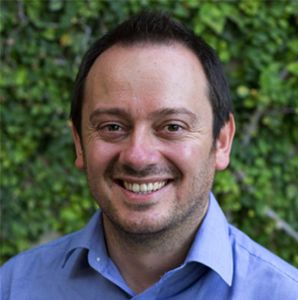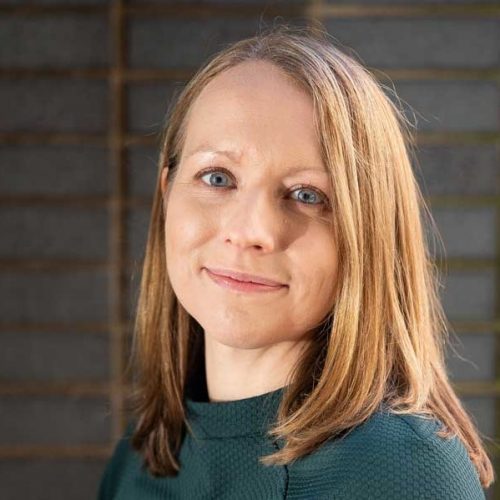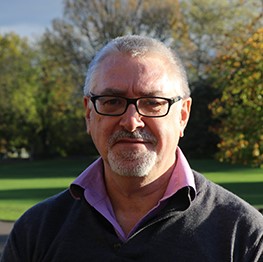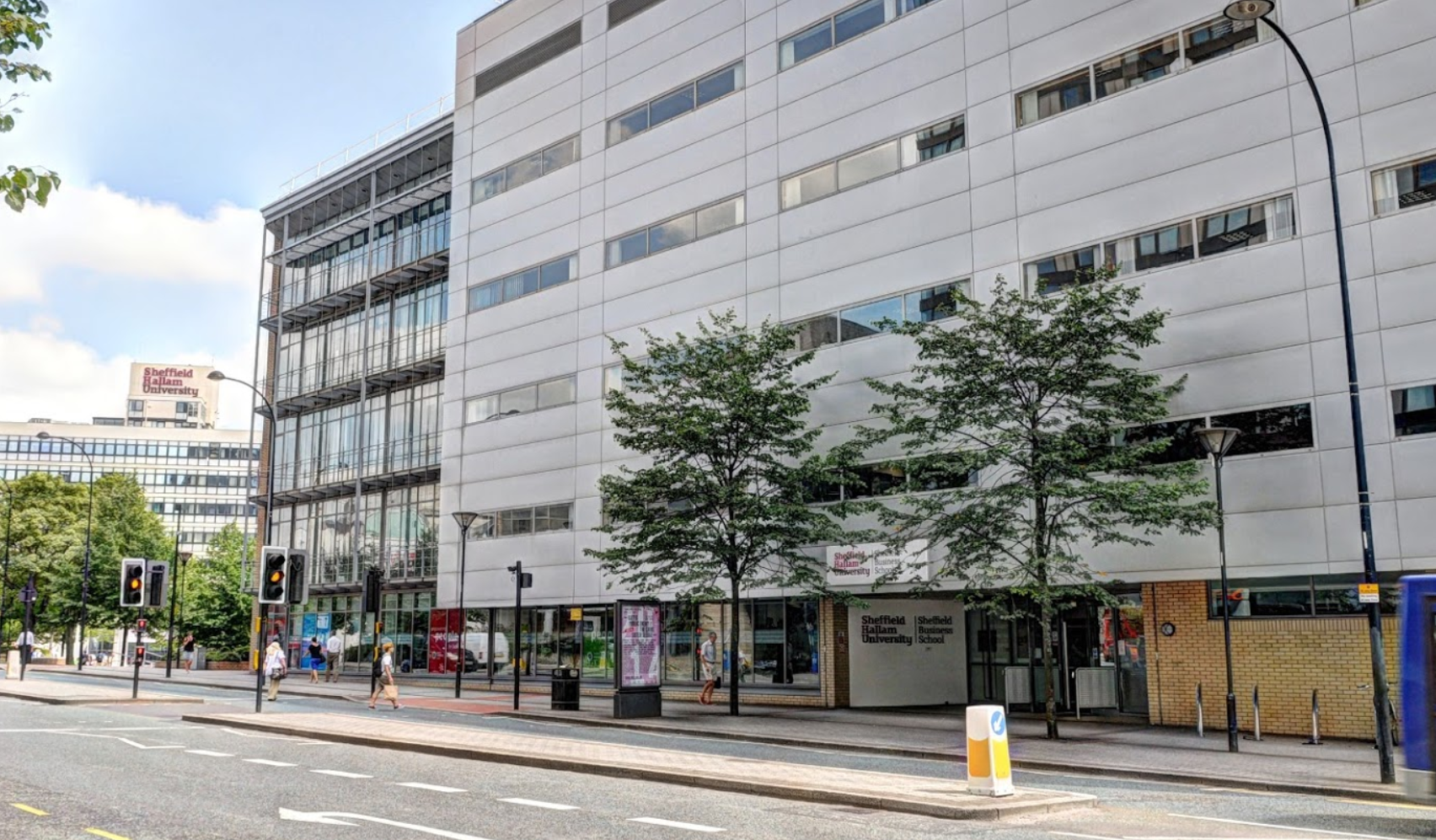
Researching Austerity, Destitution, Well-being and ‘Good’ Work in the UK
This training event has been organised by the Civil Society, Development and Democracy (CDD) Pathway and is aimed at both ESRC and non-ESRC funded students at any stage of study across the seven WRDTP partner universities.
In the aftermath of the 2019 United Kingdom general election the core themes and lived realities explored in this inter-disciplinary workshop, ranging from austerity, destitution, and food banks to questions of well-being and ‘meaningful’ work, could not be timelier. In addition to deepening our awareness and understanding of these issues, the workshop responds to the challenge of how critical research can be influential at a time of ‘fake’ news, and when infamous proclamations such as “people in this country have had enough of experts” still resonate loudly.
Drawing on the considerable expertise and experience of the guest speakers in these areas the workshop is split into two inter-connected sessions. The opening session draws close attention to critical theory/ies, mixed methodological research and empirical findings that have raised consciousness and awareness around individual and community experiences of destitution, poverty and austerity governance. These in turn open up broader questions relating to economic geographies and contemporary working practices of the labor market, which focus on human well-being, and the need for good or decent employment.
How critical researchers disseminate their findings across wider academic, policy making, media and public communities is the central focus in the second part of the workshop. A range of questions will be explored here, including questions of motivation and importance. What barriers and/ or opportunities emerge when engaging with different audiences? To what extent have these been successfully navigated? What are some of the challenges that are anticipated for future researchers working in these fields?
Course Leaders/ Organisers

At Sheffield Hallam my contribution to the Department of The Natural and Built Environment generally, and the Human Geography course specifically, actively draws on my academic research and scholarship. A strong commitment to research-informed teaching helps ensure that my classes are positioned on the cutting-edge(s) of cultural, economic, social and geographical debate that inform and animate contemporary society.

Matthew is active within the Sheffield Political Economy Research Institute (SPERI) where he is a Fellow and co-leader of its research programme on Development and the Governance of a Globalising Political Economy, and regularly writes commentaries for its influential blog. He is also a Fellow of the Sheffield Institute for International Development (SIID). His primary area of research interest is the political economy of development, with a particular focus on small states in general, and the Caribbean specifically. He has four main research strands active at present: comprehending the ‘existential threats’ facing development in the Caribbean region; the rise of China and the attendant impact of hegemonic transitions on global governance in general, and multilateral trade in particular; rethinking development conceptually and empirically beyond the so-called ‘rise of the BRICS’ (the subject of a SPERI paper published in mid-2016); and the turning tide of drug policy in the Americas, reflected in sudden and remarkable patterns of cannabis decriminalisation and legalisation throughout the region.
Guest Speakers


She started her career at the Centre for Urban and Regional Development Studies (CURDS) in Newcastle. Apart from a short stint at the Department for City and Regional Planning in Cardiff she has spent most of her time at the Institute for Employment Research (IER), University of Warwick. She joined the University of Birmingham as Professor of Regional Economic Development in June 2017 in City-REDI (Regional Economic Development Institute).
Her research interests span employment, non-employment, regional and local labour market issues, skills strategies, urban and rural development, migration and commuting, associated policy issues and evaluation.
She has published in high profile journals and has written numerous reports for UK Government Departments and agencies. Anne is experienced in disseminating the results of her research to academic, policy and practitioner audiences.

Hannah has successfully managed and completed projects on food charity and food insecurity for funders including the Economic and Social Research Council (ESRC) and Engineering and Physical Sciences Research Council (EPSRC) and in 2013-14 she was lead author of the Department for the Environment, Food and Rural Affairs (Defra) funded ‘review of food aid’ which was commissioned in response to growing concern about rising uptake of food charity. In June 2014 Hannah was awarded first prize for Outstanding Early Career Impact at the ESRC’s Celebrating Impact awards.
Hannah is a registered specialist with the Food Standards Agency (FSA) for her research expertise in food and poverty and sits on Child Poverty Action Group’s (CPAG) Policy Advisory Committee.

Allister graduated from the University of Stirling with a Joint Honours Degree in Economics and Social Anthropology (the only one granted by the University before Social Anthropology at Strirling was closed down). He then sought to pursue a career in international development, first working for Oxfam UK before taking a Dutch Government Postgraduate Scholarship to study for a Masters year at Wageningen University in the Netherlands. He completed his PhD at the University of Bath on the role of credit and debt in rural Bangladesh, exploring the relationships between poverty and patronage.

Les has been working on long term projects in Doncaster, South Yorkshire, including: assimilation (2006-2008), Aspirations Doncaster (2014), The Desire Project (2016) and Relative Poverty (2016-2017). Works are often shown on a large scale engaging directly with the public.
- To learn from the first hand experiences of some of the leading academics in their fields, and draw on their expertise in ways that can potentially shape and inform your own research agendas.
- Identify ‘the cutting-edges’ of inter-disciplinary approaches and methodologies used to deepen our ‘evidence-base’ to better understand some of the most significant challenges that our communities are experiencing at times of crisis and precarity.
- Identify creative ways of representing and successfully engaging your research findings that can shape and inform academic, policy-making and broader public awareness.
There are 40 places available on this training workshop
PLEASE NOTE: Students are responsible for arranging travel to and from these Pathway Specific Training sessions. The WRDTP cannot reimburse travel costs to these sessions.
Hourly Schedule
Programme
- 10.30am - 10.55am
- Arrivals and Coffee
- Les Monaghan's "Relative Poverty" exhibition will be displayed at the workshop throughout the day www.relativepoverty.org
- 10.55am - 11.35am
- Relative Poverty
- Les Monaghan (Photographic political artist)
- 11.35am - 12.10pm
- Well being and povertyean for social policy
- Professor Allister McGregor
- 12.10pm - 1.00pm
- Austerity Governance (followed by Q&A/ Discussion)
- Professor Johnathan Davies
- 1.00pm - 1.45pm
- Lunch and Networking
- 1.45pm - 2.20pm
- The growth of food banks in Britain and what they mean for social policy
- Dr Hannah Lambie-Mumford
- 2.20pm - 2.55pm
- What is 'Good Work' and why does it matter?
- Professor Anne Green
- 2.55pm - 3.05pm
- Q&A/ Discussion
- 3.05pm - 3.20pm
- Coffee Break
- 3.20pm - 4.30pm
- Panel Discussion (all guest speakers)
- Critical reflections on the challenge of engaging academic, policy-making and public communities








